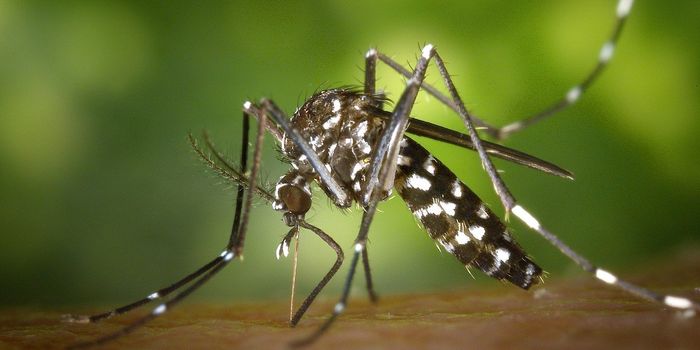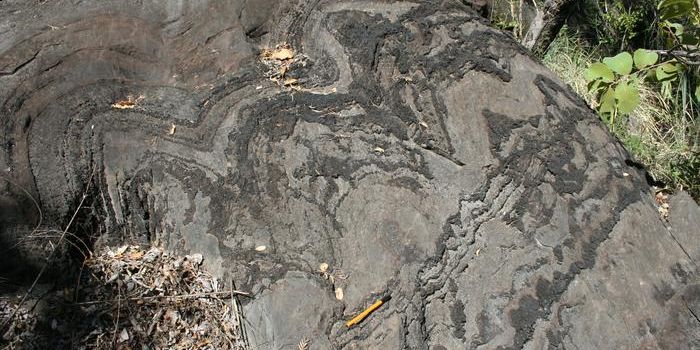The World's Oldest-Living Orca is Believed to Have Passed Away
We regularly track animals in the wild to see how they live and study their behavior, and while some species of animals are tagged for easy identification, other animals simply stand out because of unique characteristics.
The world’s oldest-known orca, consequently nick-named Granny, is one of those animals with unique characteristics thanks to a small nick in her dorsal fin, which made her easily identifiable among others in the wild.
Unfortunately, she appears to have disappeared and hasn't been spotted in the wild for months. Many whale experts believe she might have unfortunately passed away from old age, an inevitable process of life.
“I last saw her on October 12, 2016 as she swam north in Haro Strait far ahead of the others,” whale expert Ken Balcomb wrote in a statement. “Perhaps other dedicated whale-watchers have seen her since then, but by year’s end she is officially missing from the SRKW population, and with regret we now consider her deceased.”
Granny might have been as much as 105 years old. While the total number of years to her age may be a mystery, most scientists agree she was over 100 years old.
Over the course of these many years, several whale watchers have spent large parts of their lives studying her, some as much as four decades. Granny provided a ton of data for whale researchers and helped us to learn more about orcas in the wild.
Granny was an important part of the killer whale community where she resided. She was the leader of the J pod, one of the three pods that make up the 78 or so remaining Southern resident killer whales in the region. Two other pods also exist in this population: the K and L pods.
With Granny gone, the 24 other killer whales from the J pod will have to fend for themselves in the wild, and some scientists are concerned that this could lead to survival issues. Since there aren’t very many older females in the wild these days, there’s a longstanding question of who will be leading the J pod now.
Unfortunately for the three pods in this region, they are an endangered population. Granny’s care helped preserve their livelihood, but now it’s up to nature what’s to become of them, and things don’t look so great in the midst of a dwindling food supply.
Source: BBC, Center for Whale Research









